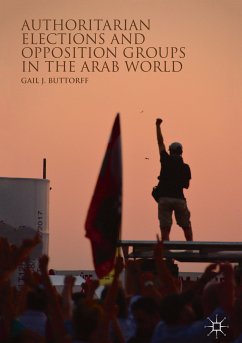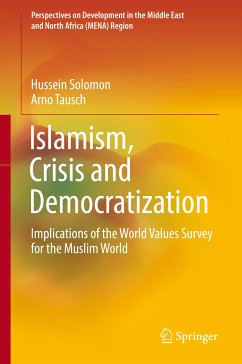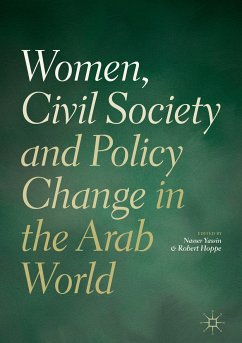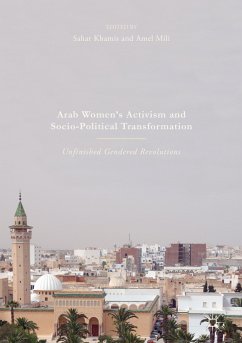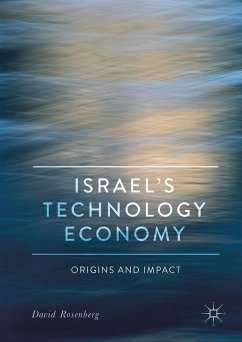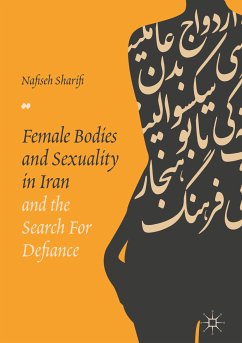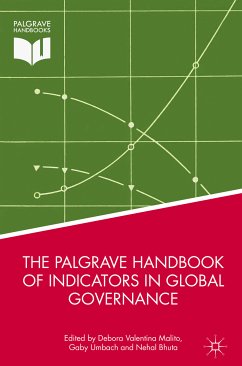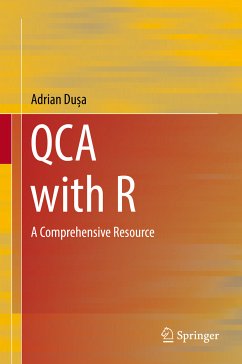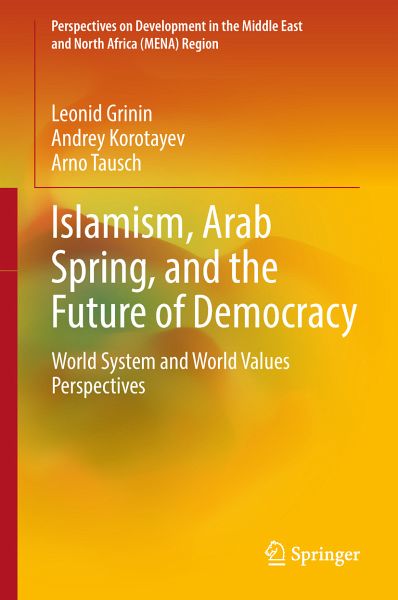
Islamism, Arab Spring, and the Future of Democracy (eBook, PDF)
World System and World Values Perspectives
Versandkostenfrei!
Sofort per Download lieferbar
72,95 €
inkl. MwSt.
Weitere Ausgaben:

PAYBACK Punkte
36 °P sammeln!
This book provides an in-depth analysis of public opinion patterns among Muslims, particularly in the Arab world. On the basis of data from the World Values Survey, the Arab Barometer Project and the Arab Opinion Index, it compares the dynamics of Muslim opinion structures with global publics and arrives at social scientific predictions of value changes in the region. Using country factor scores from a variety of surveys, it also develops composite indices of support for democracy and a liberal society on a global level and in the Muslim world, and analyzes a multivariate model of opinion stru...
This book provides an in-depth analysis of public opinion patterns among Muslims, particularly in the Arab world. On the basis of data from the World Values Survey, the Arab Barometer Project and the Arab Opinion Index, it compares the dynamics of Muslim opinion structures with global publics and arrives at social scientific predictions of value changes in the region. Using country factor scores from a variety of surveys, it also develops composite indices of support for democracy and a liberal society on a global level and in the Muslim world, and analyzes a multivariate model of opinion structures in the Arab world, based on over 40 variables from 12 countries in the Arab League and covering 67% of the total population of the Arab countries. While being optimistic about the general, long-term trend towards democracy and the resilience of Arab and Muslim civil society to Islamism, the book also highlights anti-Semitic trends in the region and discusses them in the larger context of xenophobia in traditional societies. In light of the current global confrontation with radical Islamism, this book provides vital material for policy planners, academics and think tanks alike.
Dieser Download kann aus rechtlichen Gründen nur mit Rechnungsadresse in A, B, BG, CY, CZ, D, DK, EW, E, FIN, F, GR, HR, H, IRL, I, LT, L, LR, M, NL, PL, P, R, S, SLO, SK ausgeliefert werden.



